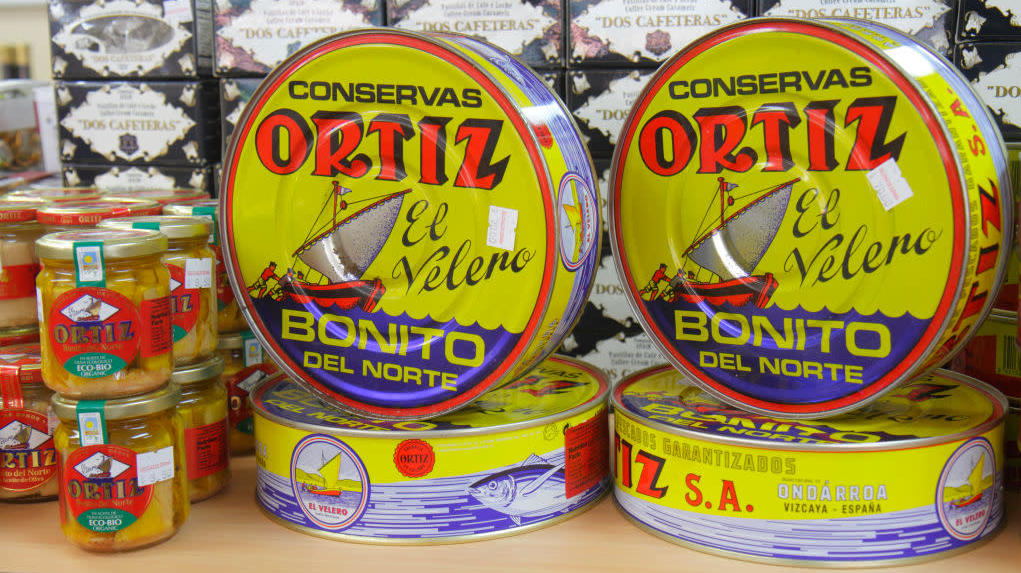Nostalgia Might Be The Seasoning Our Cooking Needs Right Now
We may receive a commission on purchases made from links.
These past few weeks have been a boom time for home cooking. Pantry staples like rice and beans are flying off grocery store shelves. People who never baked before are suddenly keeping sourdough starters. For some, this has become a time of near-frenetic cooking and baking. Others who never really cooked at all are at least learning some basics. Folks who normally go super simple and fast with their cooking are doing a deep dive into low and slow cooking with complicated sauces. People who have been dog-earing cookbooks and bookmarking recipes have finally started cooking instead of imagining.
But something that has been interesting for me to both watch and experience is the value of nostalgia during these fraught times. In the last month I have consumed things that I have not eaten in many years, sometimes decades: nursery food, foods that I associate with my childhood, food that under normal circumstances would not even be on my radar.
This list includes, but is not limited to, Kraft Macaroni and Cheese, SpaghettiOs, Chef Boyardee Mini Ravioli, Fluffernutters, chocolate milk, turkey tetrazzini, tater tots, Ants on a Log, Salerno Butter Cookies, animal crackers, cinnamon graham crackers.
I have been very open on social media about my consumption of these nostalgic foods, and in each case, I have been shocked to see how many other people have admitted to their own similar indulgences. For every person who comments that they cannot imagine eating that or that they themselves could never give in to those impulses out of fear of gaining quarantine pounds, there are a dozen who either express total approval or admit to eating the very same thing, seeking the very specific comfort of flavors from a different and more innocent time.
But while these have mostly been one-off revisiting of tastes and textures of my past, one dish has managed to sneak into the regular rotation: tuna and rice.
In college and grad school and during the early years of my career, I ate tuna and rice for dinner at least twice a week. I cooked plain long-grain white rice in my rice cooker, then, while it was still warm, mixed it with red wine vinegar, olive oil, salt and pepper, and a can of drained tuna. Vinegared rice with fish, I suppose, is not that shocking when you think about sushi, but really, for me, this dish was entirely itself. It was a one-bowl wonder that combined carbs and fat and protein, it was fast and easy and at the same time, and it was deeply comforting.
I hadn't had it since about 1998, but one night early in our quarantine, on the kind of night my husband and I refer to as a "catch as catch can" dinner when each of us is responsible for our own sustenance, I threw some rice into the rice cooker, figuring I would decide what to do with it once it was cooked. And when it was done, all I could think about was the case of canned tuna I had bought, and suddenly tuna and rice seemed like a moral imperative. My husband, who didn't know me during the tuna and rice years, looked at me slightly askance as I assembled my bowl, but when he tasted the spoonful I offered him, he asked me to make him one too. I was surprised—after all, it was my memories, my nostalgia that I was seeking to indulge, and he had no reference point for the dish. But he said it was delicious and satisfying.
We've had it about once a week since then. Sure, I'm using much higher quality ingredients these days: white rice from 4Sisters, an organic rice farm in Louisiana that I really love; Ortiz Spanish tuna packed in olive oil; Lucini Pinot Noir vinegar; and Frantoia Extra Virgin Olive oil. But the fundamentals are the same: Rice fresh out of the rice cooker, sprinkled liberally with vinegar, and then garnished with a solid twirl of olive oil, a generous pinch of kosher salt and a few grindings of black pepper before I fork through the contents of a can of tuna. Sometimes we'll pile it on top of salad greens so we can have some vegetables, but mostly it is just a bowl of simple, pleasurable sustenance, both mental and emotional, which we can really use right about now.
Whatever your version of tuna and rice is, I highly recommend putting it on the menu for yourself if you haven't already. At worst, you'll have a single meal that will be something of a touchstone for you; enjoy it solo, or share a bit of who you were with the people you are sheltering with who might not have known you then. At best, you might find that something you let go of has a reason to return to your cooking rotation. Whichever you discover, you'll check one more meal off the list of meals that stretches out before us all. And if you want to try tuna and rice, I stand by it as something worth making.
